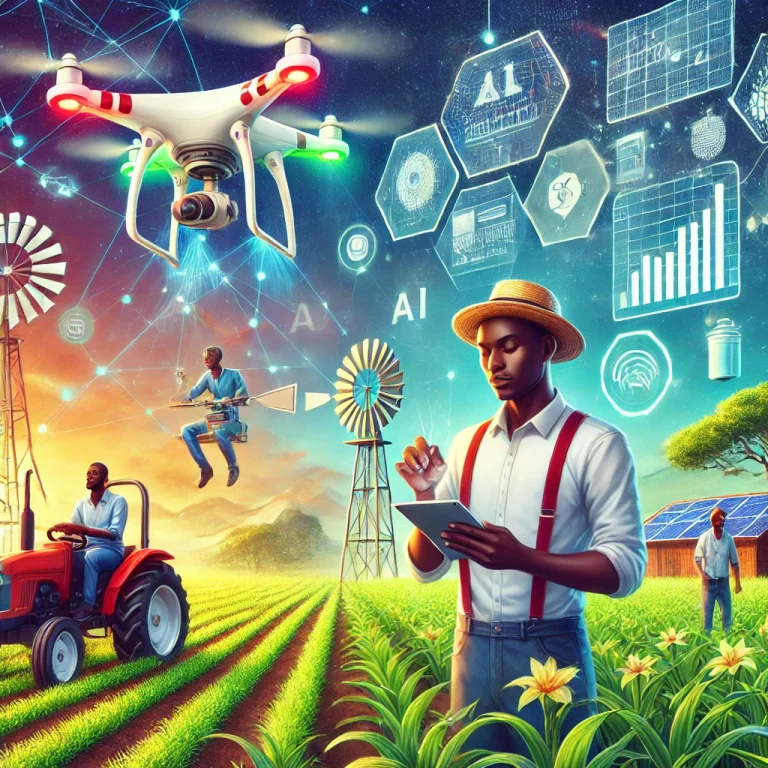According to Agriculture Insider, AgriTech holds the potential to revolutionize the agriculture industry by boosting efficiency, productivity, and sustainability. By incorporating cutting-edge technologies such as precision agriculture, precision irrigation, precision livestock farming, and smart greenhouses, the sector is witnessing a major transformation toward smarter and more sustainable practices.
In the field of precision agriculture, companies like John Deere are leading the way with advanced GPS-guided tractors and AI-driven crop management systems. Their latest innovations allow farmers to monitor soil conditions and crop health in real time, applying fertilizers and pesticides only where needed — significantly reducing costs and environmental impact.
Meanwhile, precision irrigation is gaining momentum thanks to solutions like Netafim’s drip irrigation systems. The Israeli company has pioneered smart irrigation technologies that use sensors and real-time weather data to deliver just the right amount of water to crops. In drought-prone regions like California and parts of Africa, these technologies are helping farmers conserve water and maintain high yields despite challenging conditions.
Precision livestock farming is also on the rise. Firms such as Connecterra, with their “Ida” digital dairy farmer assistant, use wearable sensors and machine learning to monitor the health and behavior of cows. This technology is helping farmers across Europe and North America to detect illnesses early, optimize feeding, and improve overall herd performance.
In controlled environment agriculture, smart greenhouses are setting new standards. Dutch-based Priva and Certhon are deploying fully automated greenhouse systems powered by AI and IoT sensors. These greenhouses adjust temperature, humidity, lighting, and nutrient levels automatically, allowing crops to grow efficiently year-round with minimal resource input.
Experts believe that as global food demands rise, AgriTech will become even more essential. Innovations are not only helping to mitigate the effects of climate change but also making agriculture more profitable and sustainable for smallholder farmers across the world.
“As the industry evolves, embracing AgriTech is no longer optional—it’s critical to future-proofing agriculture,” said a spokesperson from Agriculture Insider.


